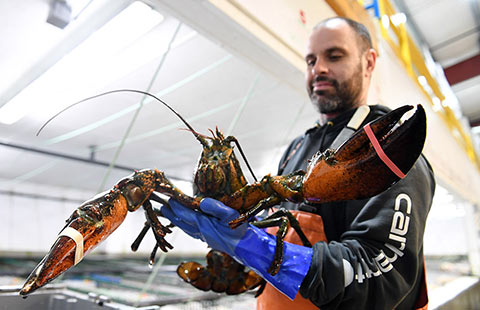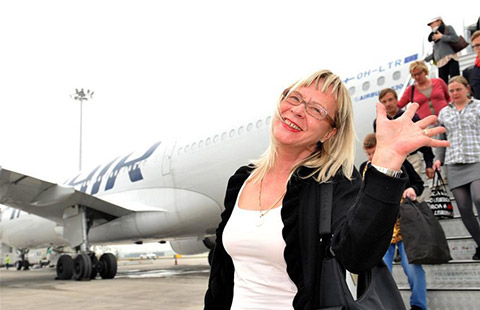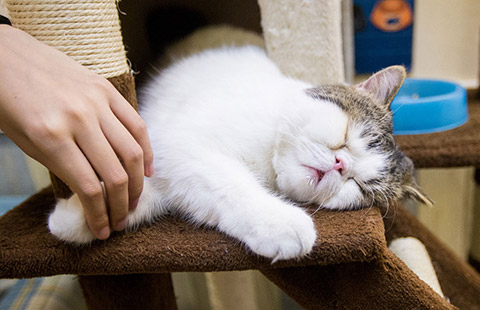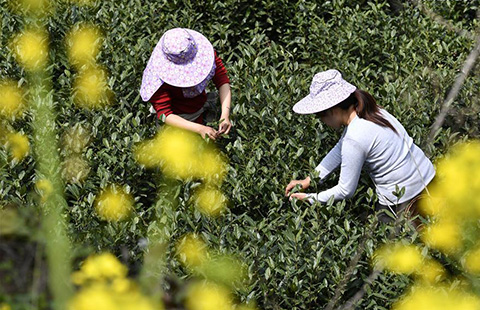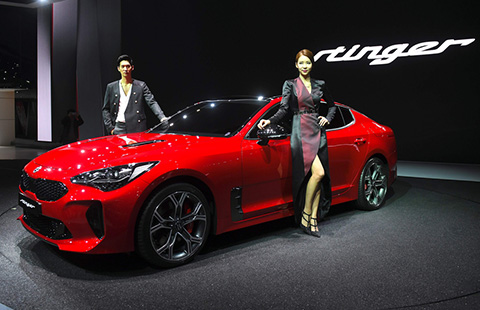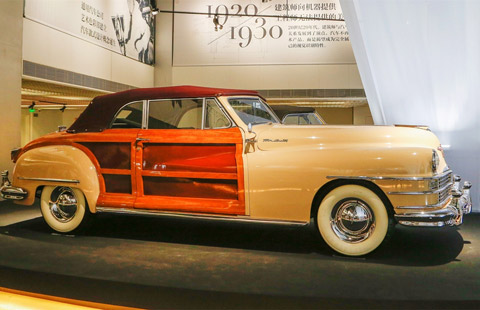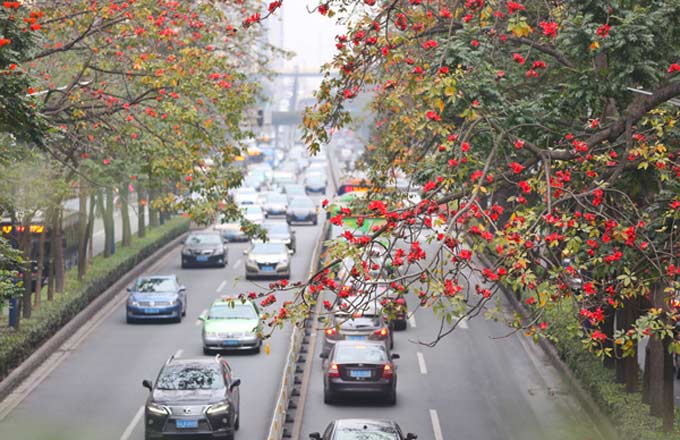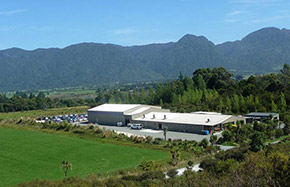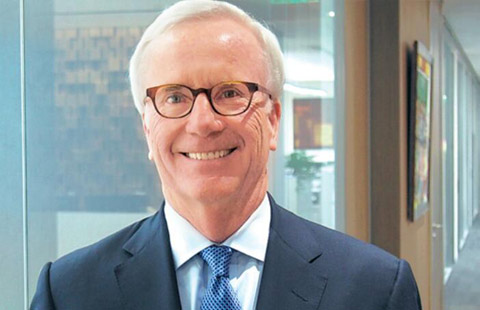Coke pushes low-sugar options
David Brooks, president of Coca-Cola Greater China and Korea, said it is important the company maintains its presence in these categories.
The carbonated product that takes up 60 percent of Coca-Cola's portfolio of beverages in China will continue to be the company's major growth driver, propelled by market potential in second- and third-tier cities as well as the countryside.
Sprite, a product of Coca-Cola, is the most distributed brand of any drink across all of villages and towns in China, said Brooks.
Between January and September 2012, Coca-Cola ranked No 1 in the carbonated beverage market, followed by PepsiCo and Mirinda, according to the report.
Sales from the Chinese market accounted for 8 percent of Coca-Cola's global businesses, or its No 3 market after the United States and Mexico.
To have their carbonated business available even in remote villages will put Coca-Cola in head-to-head competition with local brands, such as Master Kong of Tingyi Holdings Corp and Wahaha, which have cultivated stronger distribution channels in lower-tier cities.
Bozer said the company's "secret formula" is creating local partners, distribution systems and its own organization, so as to get the brand to consumers in a way that is relevant to them.
The "old product, new market" strategy will provide Coca-Cola a strong growth engine after it has reached market saturation in first-tier cities, said Gao Jianfeng, general manager at Shanghai-based Bogo Consultants.
Meanwhile, local beverage makers are competing more fiercely in first-tier cities with their newly developed tea drinks and water products.
"It is a battle at each other's main stronghold," Gao said.




